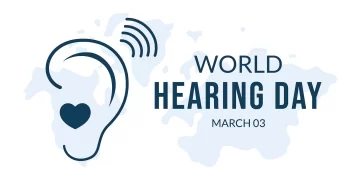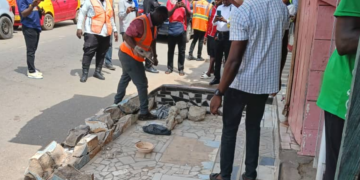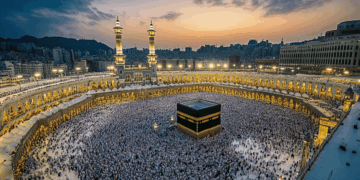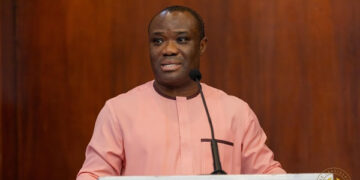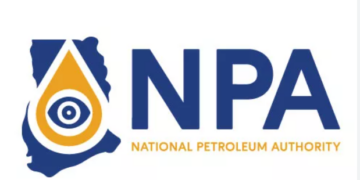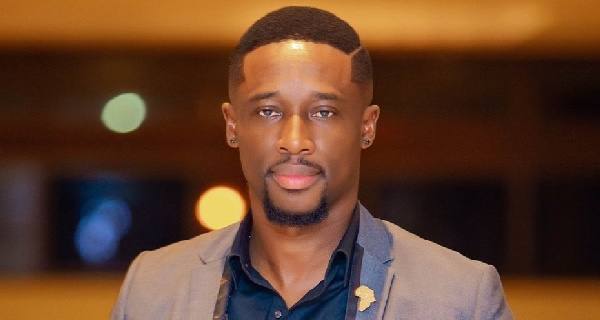Renowned Ghanaian actor and playwright, Fiifi Coleman is raising concerns about how theatre lacks attention from relevant authorities and yet its players become a major focus for politicians during elections.
He argued that conversations about theater only gain traction primarily for political gain rather than a genuine acknowledgment of its importance as a development tool.
“There are people who are blind and don’t see what theater can do in our society, so it will take time. Let us wait until it’s three months until the election, then the conversation on theater will get the relevant attention,” he said as a panelist on the Graphic Showbiz (X) Dialogue series held today.
The actor also criticized the mismanagement of existing theaters and creative spaces for events, questioning the wisdom of channeling energy into building new ones without addressing the challenges of the current establishments.
The series “Is theater getting the relevant attention?” had other speakers, including George Quaye, CEO of Image Bureau, and Nii Saki Sackey, Media Liaison of Roverman Productions, expressing their views on the state of theater in the country.
It would be recalled that the Deputy Minister for Tourism and Creative Arts, Mark Okraku-Mantey, in April cut the sod for an amphitheater in the Ashanti region, which was one of five to be built by the government this year, with two in Accra, one in Takoradi, one in Tamale, and one in Kumasi.
Read Also:Taraja Ramsess, ‘Black Panther’ stuntman, dies with three of his children in car crash
The aim of these amphitheaters is to serve as venues for performances and other forms of entertainment, to aid industry players in planning their events, and to create jobs to boost the industry’s economy.
“There can only be one national theater in Ghana. But does our national theater represent us well enough as a country? We need to look at that first before talking about building new ones,” he stated.
Fiifi Coleman urged creatives to place value on the existing creative space, highlighting the need for stakeholders to recognize the importance of theater. “They don’t see our importance, but if we don’t place value on it, who would come and do that for us as major stakeholders?” he questioned.
He also made a passionate plea for a genuine commitment from both politicians, creatives, and other relevant stakeholders to recognize and nurture the invaluable role that theater plays in shaping the cultural landscape of Ghana.
SOURCE:GRAPHICONLINE


